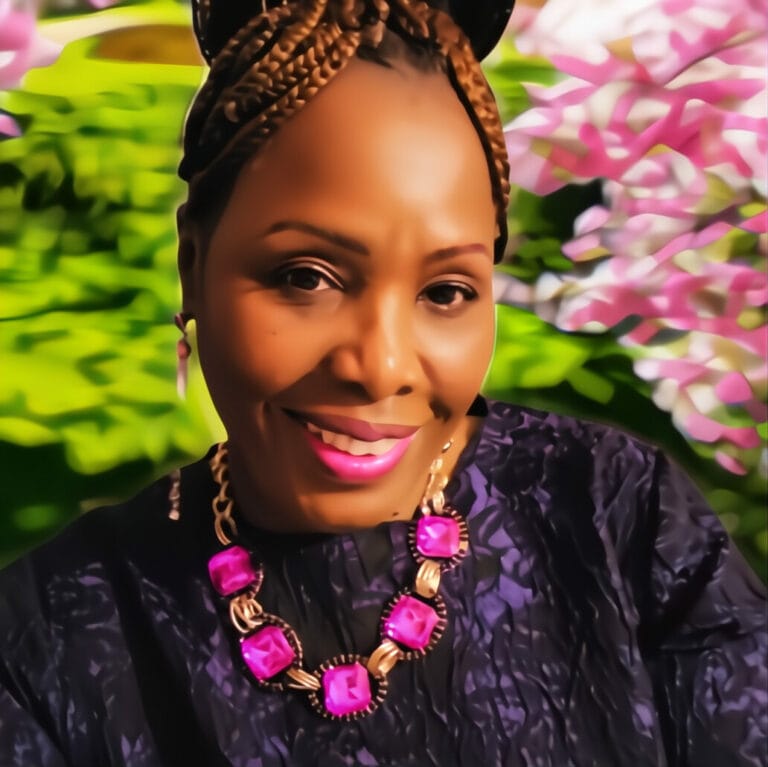When Life Changes Overnight: What Every Woman Needs to Know About Navigating Care After Disability
Explore the unseen emotional toll of family caregiving, with insights on navigating medical systems, self-care and support for women's mental health

Your sister is in a car accident. Suddenly you’re sorting through insurance paperwork and intensive rehab schedules – not something you planned for, but now it’s all on you. The doctors speak in medical jargon, the discharge planner hands you a stack of forms, and everyone assumes you know what questions to ask.
If this scenario sounds familiar, you’re not alone. Women comprise about two-thirds of family caregivers in the United States, and most of us didn’t sign up for this role. We’re thrust into it when life changes overnight – after an accident, a diagnosis, or when someone we love suddenly needs more care than we ever imagined.
Why This Always Seems to Land on Women
When someone in the family faces disability or serious illness, women typically become the default care coordinators. We’re the ones fielding calls from hospitals, researching treatment options and trying to decode insurance benefits. Many women reduce work hours or leave employment entirely to manage these responsibilities, often at significant personal cost.
Here’s what nobody tells you: being good at organising doesn’t automatically make you qualified to navigate complex medical decisions. Yet that’s exactly the position many of us find ourselves in, often within hours of receiving that phone call that changes everything.
Where the Anxiety Really Comes From
The overwhelming feeling isn’t just about the workload – it’s about the uncertainty. What’s normal recovery time? How do you know if the care plan is adequate? What happens if you make the wrong choice?
The medical system assumes you understand terms like ‘functional capacity’ and ‘long-term prognosis’, but most of us are learning as we go. Research shows that family caregivers of seriously ill patients experience significant anxiety that directly impacts their ability to make informed decisions. The fear of not knowing what you don’t know can be paralysing.
Will your loved one need equipment modifications? How long will physical therapy last? Who decides when ‘enough’ rehabilitation is enough? Learning to navigate unexpected family challenges often requires resources we didn’t know we needed.
Why Most Advice Feels Useless
When you’re drowning in medical paperwork and conflicting opinions, the last thing you need is someone telling you to ‘just be strong’ or ‘trust the process’. Most advice is either too vague to be helpful or so optimistic it feels disconnected from reality.
What you actually need is clarity about what’s happening and what comes next. You need someone to explain the rehabilitation timeline in plain language, help you understand what questions to ask and give you frameworks for making decisions when the stakes feel impossibly high.
Professional life care planners specialise in mapping out long-term care needs after disability or injury. Dr Steven Barna, founder of LCPMD and co-editor of a comprehensive handbook used by medical professionals, explains his approach: ‘Contributing to this textbook as a co-editor reflects LCPMD’s commitment to advancing the field of life care planning through clinical rigour, interdisciplinary collaboration and practical guidance. Our work seeks to support professionals involved in the evaluation of future medical needs with a balanced, evidence-based approach.’
The Questions You Should Actually Be Asking
While most of us aren’t life care planning professionals, we can borrow from their methodical approach. Hospital discharge planning guidelines suggest asking specific questions rather than hoping doctors will volunteer information.
Start with timeline questions: How long will each phase of recovery take? What should progress look like at three months, six months, a year? Don’t accept vague answers – ask for specific benchmarks.
Ask about capacity: What level of independence is realistic? Will your loved one need ongoing assistance with daily activities? What equipment or home modifications might be necessary?
Understand the decision-making process: Who determines when rehabilitation is complete? What happens if progress stalls? How are decisions made about transitioning between different levels of care?
Research from brain injury rehabilitation experts emphasises that families should understand their role in the rehabilitation team and what training they might need to provide care at home. Knowing when to pause and prioritise self-care becomes crucial when managing long-term care responsibilities.
Getting Answers That Actually Help
The Handbook of Medical Aspects of Disability and Rehabilitation for Life Care Planning, while designed for lawyers and medical professionals, offers something many family resources lack: a systematic approach to understanding long-term care needs. It covers everything from assessment methods to rehabilitation pathways, providing the kind of evidence-based framework that can help you ask better questions.
The handbook is available on Amazon for those who want to dig deeper into the professional methods used to evaluate care needs. While it’s technical, parts of it can help family members understand how experts think about long-term planning – which is exactly what you need when you’re suddenly responsible for someone else’s care coordination.
The Mayo Clinic emphasises that caregiver stress is real and manageable with the right support and information. Resources like this remind us that even medical professionals find this work challenging and emotional.
You’re Not Supposed to Know Everything
The most important thing to remember is that feeling out of your depth is completely normal. You didn’t train for this role, and there’s no reason you should intuitively know how to navigate complex medical systems or make life-altering care decisions.
What matters is finding resources that bridge the gap between medical expertise and practical family needs. Prioritising your own wellbeing while caring for others isn’t selfish – it’s necessary. Whether it’s asking more specific questions during medical appointments, seeking support for caregiver stress or accessing professional frameworks that help you understand what you’re dealing with, there are concrete steps you can take.
The key is recognising that you don’t have to figure this out alone, and you don’t have to accept vague reassurances when you need real answers. Having the right information in a format you can understand makes all the difference when navigating complex family decisions. Your loved one deserves informed advocacy, and you deserve support in providing it.





